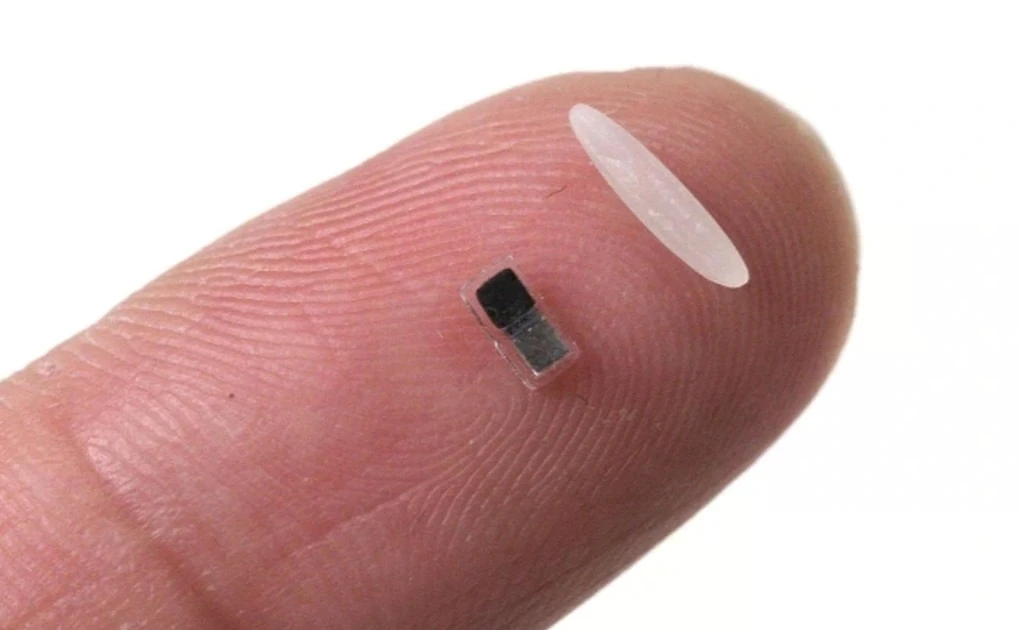On March 30, multinational pharmaceutical company Eli Lilly announced mid-term trial results showing that the drug lepodisiran developed by the company is remarkably effective in reducing the genetic risk of heart disease.
Notably, no serious drug-related side effects were noted during the trial.
Study author Dr. Steven Nissen, a senior cardiologist at the Cleveland Clinic, presented the results at the American College of Cardiology meeting in Chicago and published them in the New England Journal of Medicine.
“What we have is a drug that can lower lipoprotein(a), or Lp(a), at very low doses,” says Dr. Nissen.
Lepodisiran is one of several drugs being tested to treat high Lp(a), a risk factor for heart disease that affects about 1.4 billion people worldwide, including 64 million in the United States.
Elevated Lp(a) can significantly increase the risk of heart attack, stroke, aortic valve stenosis and peripheral artery disease, the buildup of fatty plaque in the arteries.
Unlike LDL, which can be controlled with diet and statin drugs, there is currently no approved treatment for Lp(a). Many people don't even know they have high Lp(a).
Dr. Nissen noted that while Lilly's drug helps reduce cardiovascular risk factors, large-scale trials are needed to prove that lowering Lp(a) can actually reduce heart attacks and other adverse cardiovascular events.
Lilly is conducting a second phase 3 trial to test whether lowering Lp(a) actually reduces those risks.
In addition to lepodisiran, other injectable treatments for Lp(a) under development include Silence Therapeutics' zerlasiran, Amgen's olpasiran, and Novartis' pelacarsen.
Lilly is also testing muvalaplin, the only oral drug for LP(a), in clinical trials.
Last week, pharmaceutical company Merck signed a licensing agreement with Jiangsu Hengrui Pharmaceuticals to test an experimental Lp(a) pill called HRS-5346./.
Source: https://www.vietnamplus.vn/thuoc-lepodisiran-chia-khoa-tiem-nang-giam-nguy-co-benh-tim-di-truyen-post1023761.vnp



![[Photo] Prime Minister Pham Minh Chinh chairs meeting after US announces reciprocal tariffs](https://vstatic.vietnam.vn/vietnam/resource/IMAGE/2025/4/3/ee90a2786c0a45d7868de039cef4a712)
![[Photo] General Secretary To Lam receives Japanese Ambassador to Vietnam Ito Naoki](https://vstatic.vietnam.vn/vietnam/resource/IMAGE/2025/4/3/3a5d233bc09d4928ac9bfed97674be98)
![[Photo] Special relics at the Vietnam Military History Museum associated with the heroic April 30th](https://vstatic.vietnam.vn/vietnam/resource/IMAGE/2025/4/3/a49d65b17b804e398de42bc2caba8368)

![[Photo] Moment of love: Myanmar people are moved to thank Vietnamese soldiers](https://vstatic.vietnam.vn/vietnam/resource/IMAGE/2025/4/3/9b2e07196eb14aa5aacb1bc9e067ae6f)















































































Comment (0)